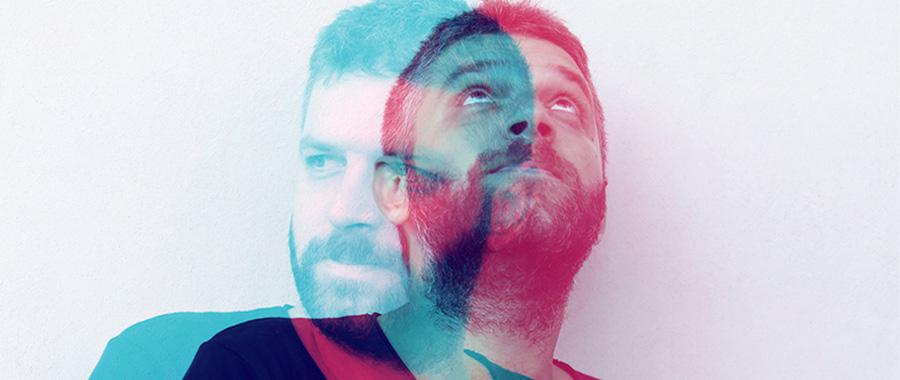The confluence of popular culture and profound philosophical inquiries often yields remarkable insights into the complexities of the human condition. One such synergy exists between the critically acclaimed television series ‘Breaking Bad’ and the Baha’i teachings regarding the human ego. At first glance, a show centered on the metamorphosis of a high school chemistry teacher into a drug kingpin may seem far removed from spiritual discourse. Yet, a closer examination reveals that the exploration of ego, power, and moral decay in ‘Breaking Bad’ offers a fascinating lens through which to understand Baha’i perspectives on the ego’s influence over human behavior and relationships.
Understanding the human ego requires a twofold approach: a deep dive into the notion of self, and an exploration of how these teachings align with the quintessential themes presented in the series. The Baha’i teachings emphasize the importance of selflessness, humility, and the notion of living a life grounded in service to others. In contrast, ‘Breaking Bad’ exemplifies how the unchecked ego can lead to a path of self-destruction and chaos. The gradual transformation of Walter White serves as a cautionary tale that vividly illustrates the ramifications of an ego-driven life.
Walter White begins as an ostensibly benign character—an underachieving high school chemistry teacher burdened by financial difficulties and a terminal cancer diagnosis. As his journey unfolds, we witness a harrowing shift in his character. This transformation can be metaphorically aligned with the Baha’i teaching that the ego can be both a source of motivation and a catalyst for despair. The initial ambition to provide for his family becomes perverted by a growing desire for power and recognition, demonstrating how easily the ego may usurp noble intentions.
In the realm of Baha’i principles, the concept of the self is multifaceted. It serves as a channel through which divine qualities can manifest, yet it is also susceptible to corruption when driven by materialistic pursuits. Baha’is assert that the ego must be tempered by virtues such as love, service, and wisdom. In ‘Breaking Bad’, we witness Walter’s descent into moral ambiguity as his ego emerges unchecked. His pursuit of power not only isolates him from his loved ones but also starkly contrasts the ideals of community and unity championed in Baha’i writings.
Another pivotal aspect of the Baha’i teachings is the emphasis on self-awareness and the introspection necessary for spiritual growth. Walter White’s journey is marked by a lack of self-awareness. He becomes intoxicated by his erstwhile success in the drug trade, believing he is beyond reproach. This is echoed in Baha’i philosophy, which posits that true progress begins with acknowledging one’s limitations and striving toward self-improvement. In the wake of egoistic pursuits, one loses sight of the very essence of human connection, as exemplified in the deterioration of Walter’s relationships with Skyler and Jesse.
The metaphor of the ego as a double-edged sword illustrates its dual nature in the Baha’i perspective. On one edge lies potential—the capacity for greatness, creativity, and meaningful impact. On the opposing edge lies destruction, where the pursuit of power and acclaim can lead one astray. Walter’s evolution embodies this duality, blurring the line between ambition and avarice. The Baha’i teachings emphasize that the cultivation of virtues can sharpen the ‘blade’ of the ego, steering it toward constructive rather than deleterious ends.
Moreover, the societal implications of Walter White’s actions serve as a critical commentary on the repercussions of egoism. The drug empire he builds not only devastates lives but creates a rupture in the very fabric of his community. In the Baha’i view, community is paramount to human flourishing and moral rectitude. Acts of individualism that prioritize personal ambition above communal welfare lead to societal fragmentation and, ultimately, collective suffering. The lessons drawn from Walter’s tragic arc remind us of the dire consequences that ensue when the self is placed on a pedestal above the greater good.
As we juxtapose Walter White’s journey against the backdrop of Baha’i principles, we find that the teachings advocate a path of detachment from the ego. The cultivation of virtues such as compassion, kindness, and humility counters the encroaching shadows of ego-driven ambition. Walter’s exposition serves as a stark reminder of what may be forfeited in the pursuit of self-interest. His gradual moral decay starkly illustrates the potential fallout of forsaking these virtues for the allure of egoistic gain.
In conclusion, the intersection of ‘Breaking Bad’ and Baha’i teachings about the human ego offers invaluable insights into the human experience. The series serves as a powerful narrative that encapsulates the pitfalls of ego-driven behavior while simultaneously reinforcing the teachings that advocate for a life of service, humility, and self-awareness. In a world increasingly characterized by individualism and self-promotion, the journey of Walter White invites introspection about the true nature of ambition and its implications for ourselves and the communities we inhabit. Ultimately, it is through embracing the tenets of selflessness and virtue that one can transcend the limitations of the ego, fostering a life that is rich in purpose and connectedness.
